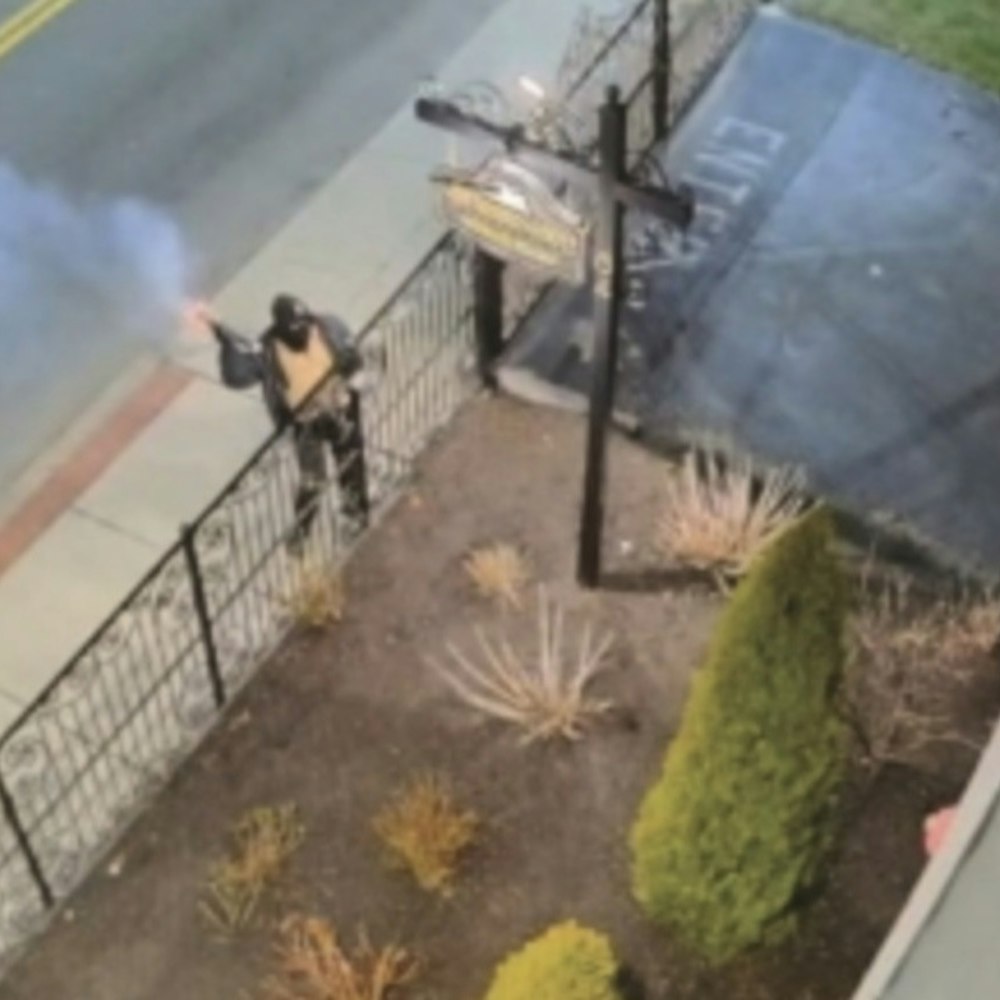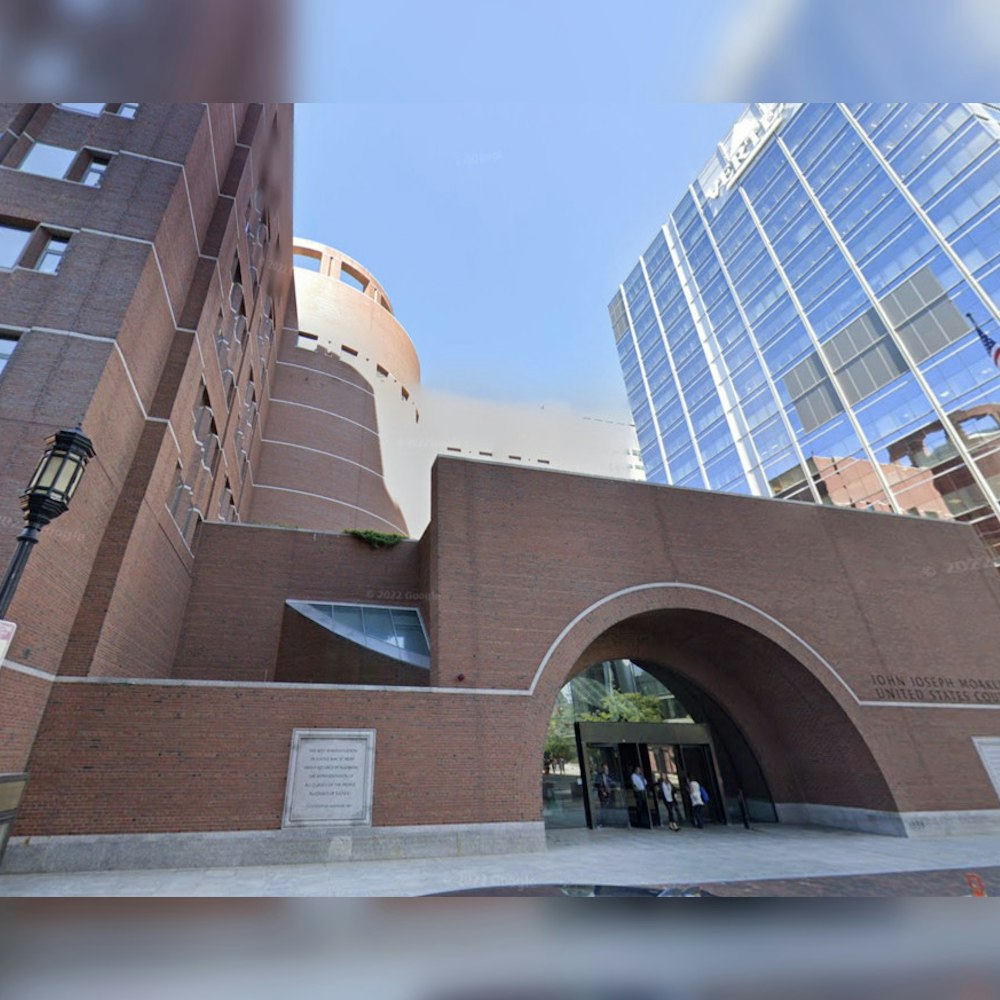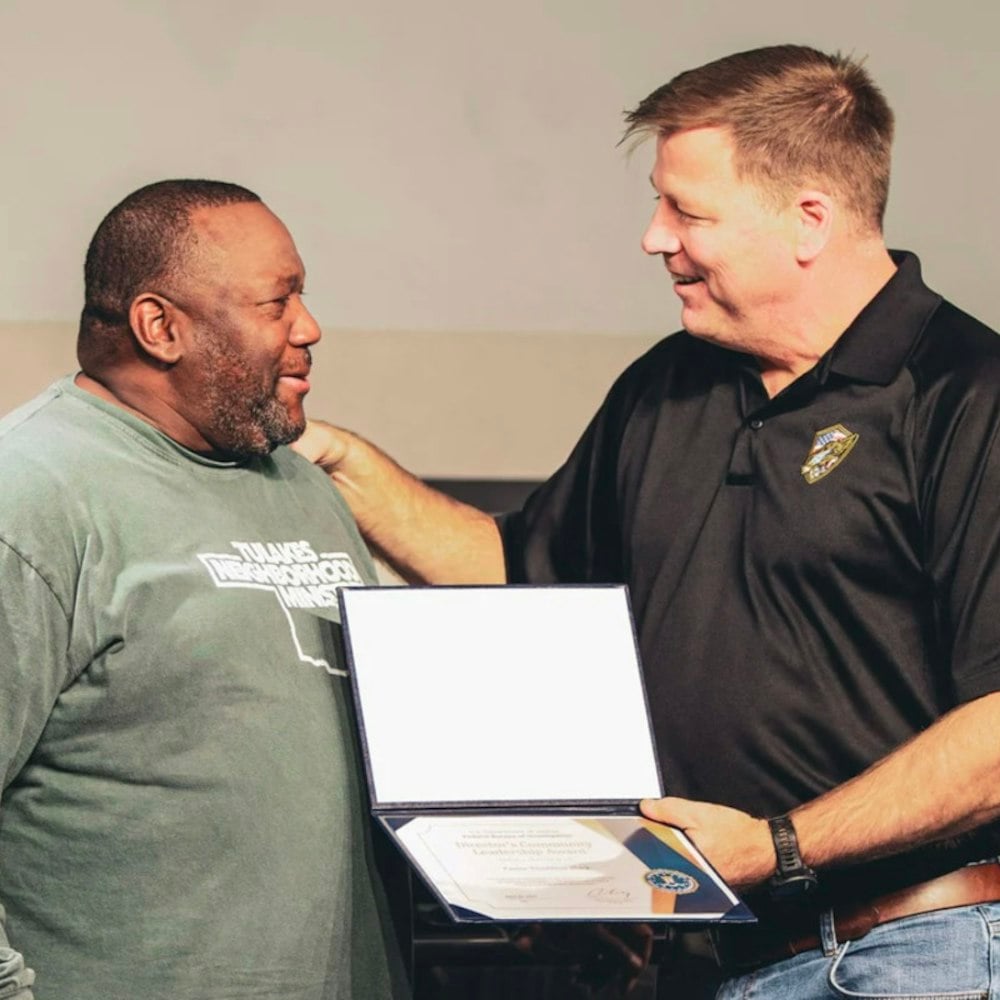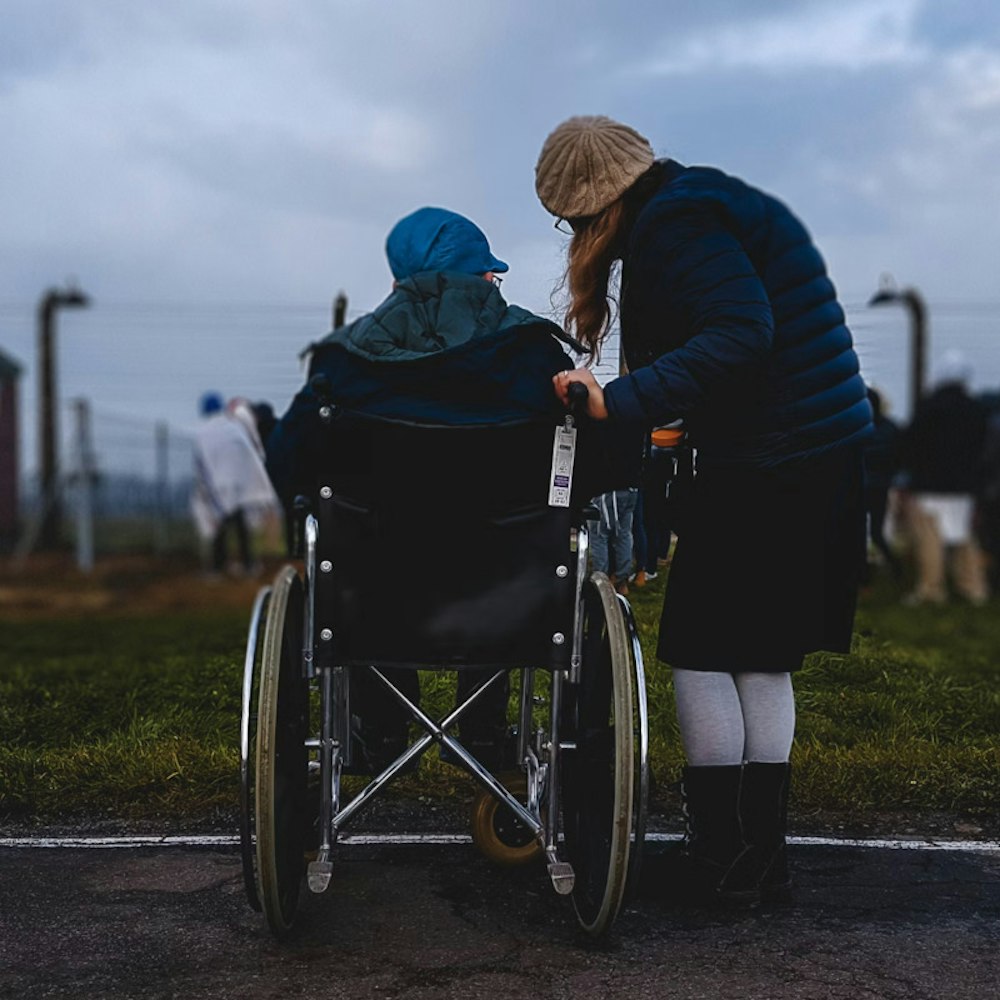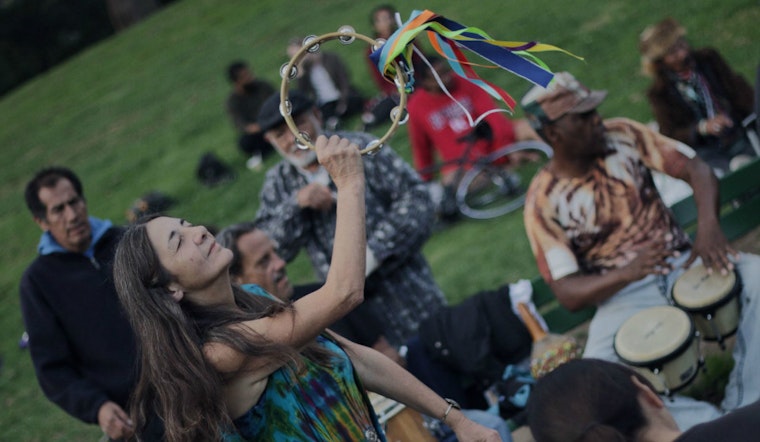
The following story comes from reporter Serginho Roosblad, a student at UC Berkeley's School of Journalism.
In 1996, California paved the way by becoming the first state to approve the medical use of cannabis. Fast forward to 2016, and numerous other states have followed the Golden State in allowing medical marijuana, with Arkansas and Florida having just passed ballot measures to that effect.
Alaska, Washington state, Colorado, Oregon and the District of Columbia now permit "the herb" for recreational use, and after a failed first attempt in 2010, Californians voted this week to join them. Voters approved Proposition 64, which permits the recreational use of cannabis by adults.
For decades, the Bay Area has been the cultural and political epicenter of the cannabis movement in California. In the weekend ahead of the election, we spoke to Bay Area residents who had a stake in its outcome—some of whom requested anonymity—about their opinions on Proposition 64.
Joan Rivard, pro-cannabis activist, San Francisco
“The Haight-Ashbury is still a very special place for people to come to, because they still believe in that dream of brotherly love that was here in the '60s.
It’s amazing to see people smoke pot openly today. It’s exhilarating. But in a way, it feels less special now. We used to feel a real bond. It was really dangerous to smoke out in the open, but we did it at the federal building, and other people did it at City Hall. Every time we used to smoke with somebody, we were risking our lives.
The marijuana issue is what’s been used to prosecute people that believe in peace and love and freedom. It’s been used to take away their houses, their children, their jobs, their cars—and nobody called it prosecution.
Now it’s not exactly gone, but it’s more ordinary, it’s all over the place. I again would like to see that passion, to change the world."

Matthew Cross, user/activist, San Francisco
"I did not try any mind-altering compounds of any kind until I was 40 years old. That was a time in my life when I was like: now I’m really curious. I was still healthy at 40, so that was a time to do art and to relax.
Then one of my sisters decide that she wanted to get in early on an industry that seemed like it was gonna thrive. That was a component that was really interesting for me, and I was becoming more of an advocate and got connected to the Marijuana Policy Project out of DC, a suit-and-tie lobbying arm. That’s where I believed the change was going to happen, not necessarily in California.
Prop 64 is what I hoped for in the sense of bipartisan support. It’s what I hoped for in the sense that is seems not that provocative. I just see it as something for the greater good. And I like the stipulations in Prop 64 because it recognizes some dynamics here especially like not letting the big corporations in right away. that should appease some of the local farmer."
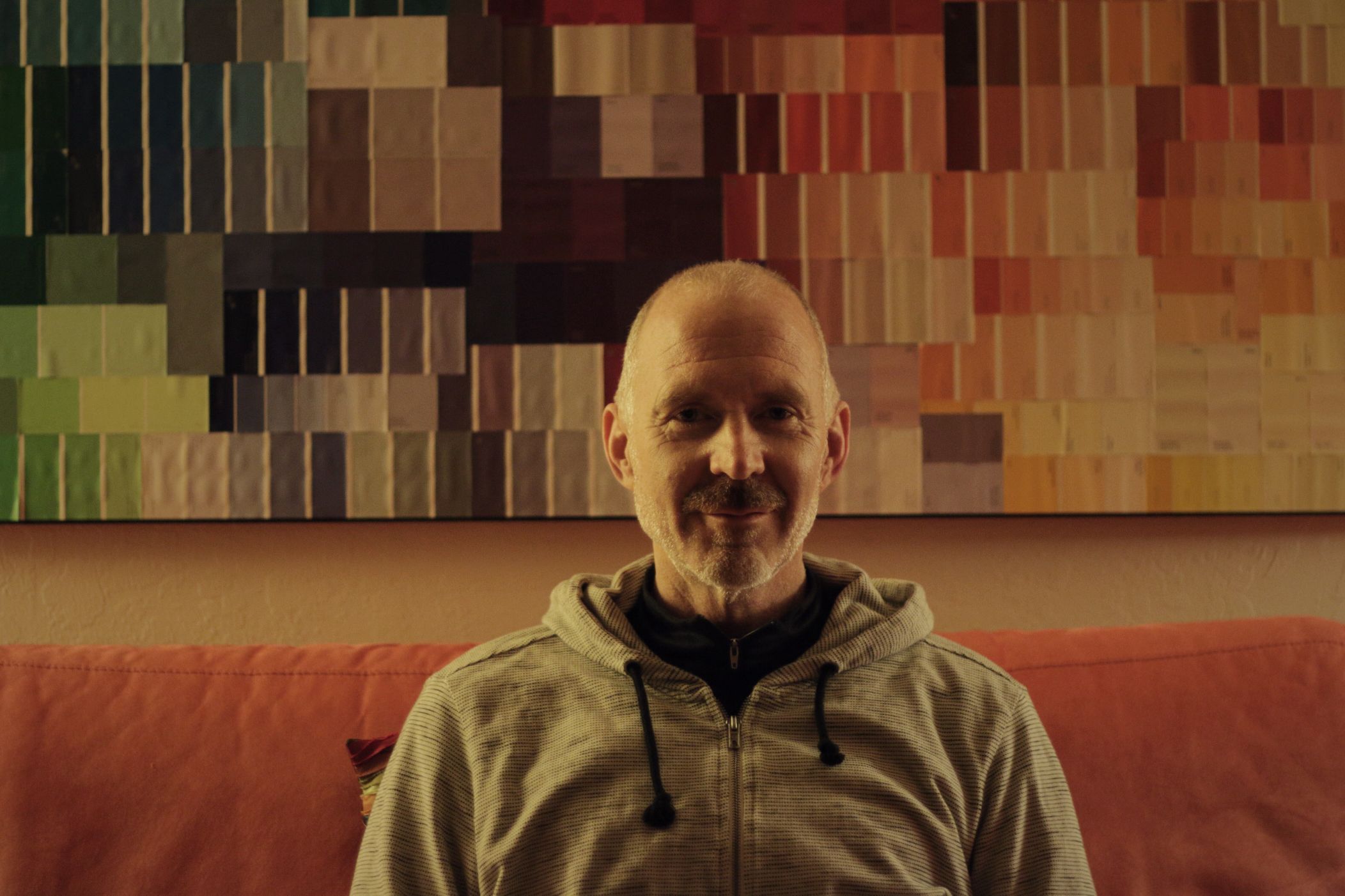
'Sparky' & 'Starman,' cannabis growers, Oakland
Sparky: “I’m against it, personally. I have the suspicion that big businesses want to get in on the marijuana business and have strategically set themselves up. Gavin Newsom is buddying up with all these people, and that makes me very doubtful.
There are no guarantees for us small farmers. In a few years, we'll need to get a new license, but we have no idea what it’ll cost. It could be thousands of dollars, like liquor licenses, and we small businesses don’t have that money. I have a feeling that Proposition 64 is a way to phase us out of the business.”
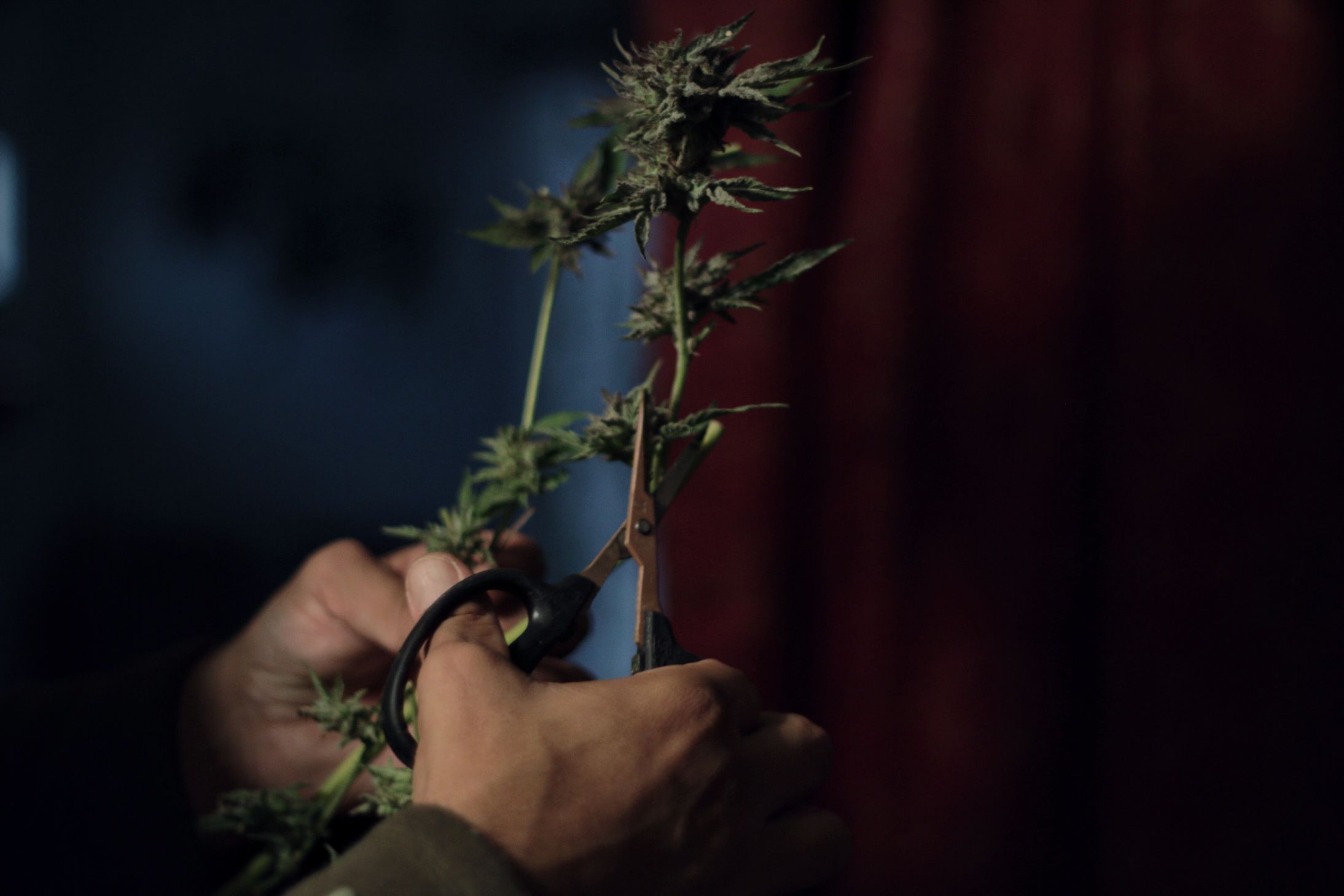
Starman: “I’m pro Proposition 64. I feel it’s not exactly a step in the right direction, but at least it’s a step. However, I do feel that the cannabis industry should be ruled by anarchy. Any kind of regulation will take away freedom, like the freedom to do what you want in your own recreational time.
I don’t think that large growers will be a threat to us. Some consumers will still like the good products that small growers cultivate. You can compare it to farm-raised eggs and store-bought eggs. Quality will matter."
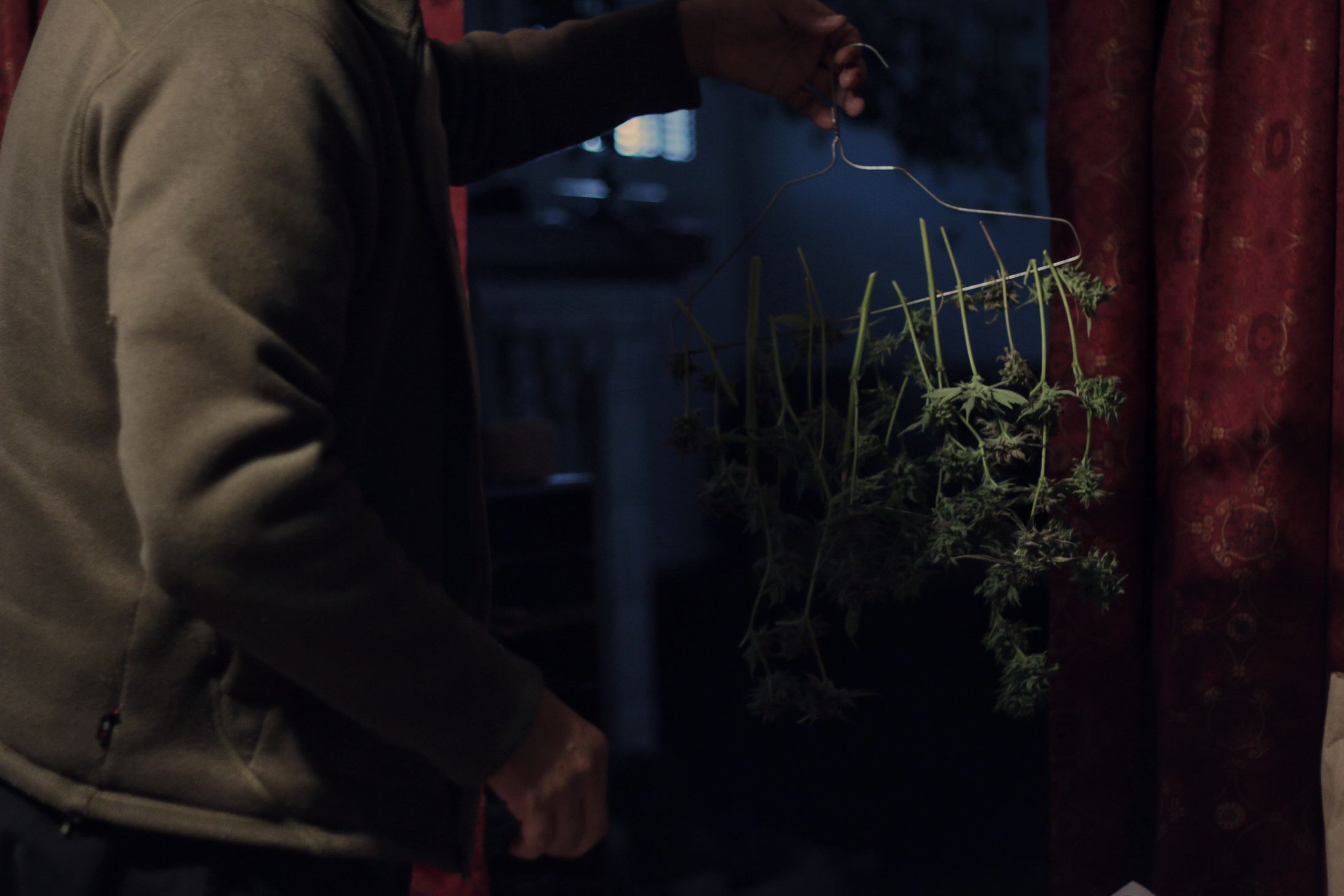
Malik Shakur, real estate agent at Infinity Investments, Oakland
“I’m excited! I think this is totally overdue, but I’m ready to rock and roll. There are so many great ideas that will come out of Proposition 64. And the Bay Area will the hub and leader in that space. What we’ll see is similar to the end of the prohibition of alcohol, not necessarily something the tech boom or the gold rush. You already have a market and industry that is now coming above-ground.
Some people who are coming into the business in the Bay Area might be taken aback by the high property prices, but that’s why it’s important to have investors behind you. And given that the business is now coming out of the shadows, investors will line up to be part of this billion-dollar industry.”
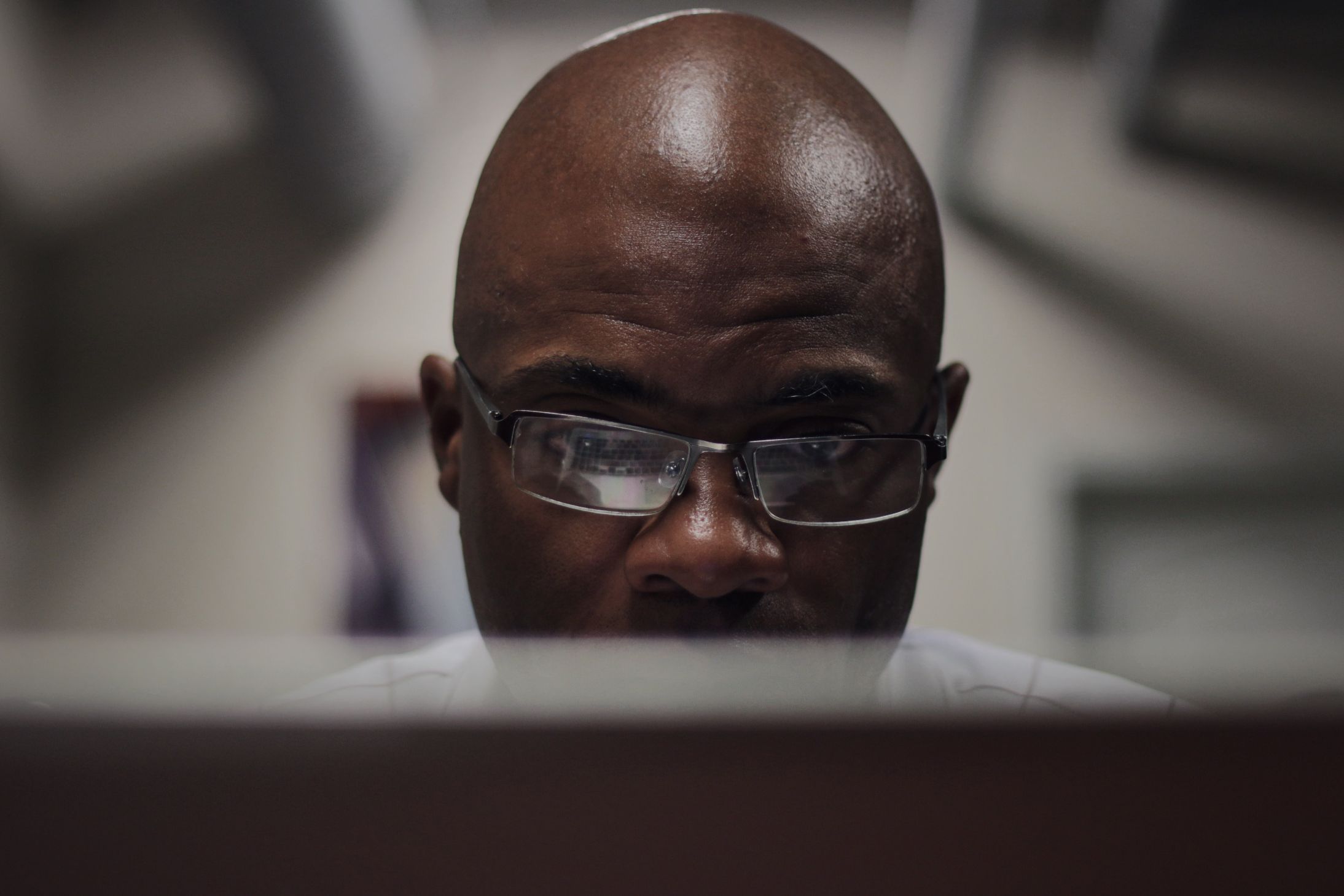
Dr. Aseem Sappal, dean of Oaksterdam University, Oakland
“Everybody comes through these doors, but now you see the regulators and policy makers taking classes, because they realize one thing: their opinion doesn’t matter anymore.
With Prop 64, is it possible to possess a certain amount of cannabis and still go to jail? Yes. That’s not legalization, then—that's decriminalization or softer regulation. True legalization means no one can ever go to jail over this crime.
Does Prop 64 check off everything on our list? No, it doesn’t. But what people don’t realize is that it’s not our best chance, it’s our only one. There’s nothing else on the ballot."
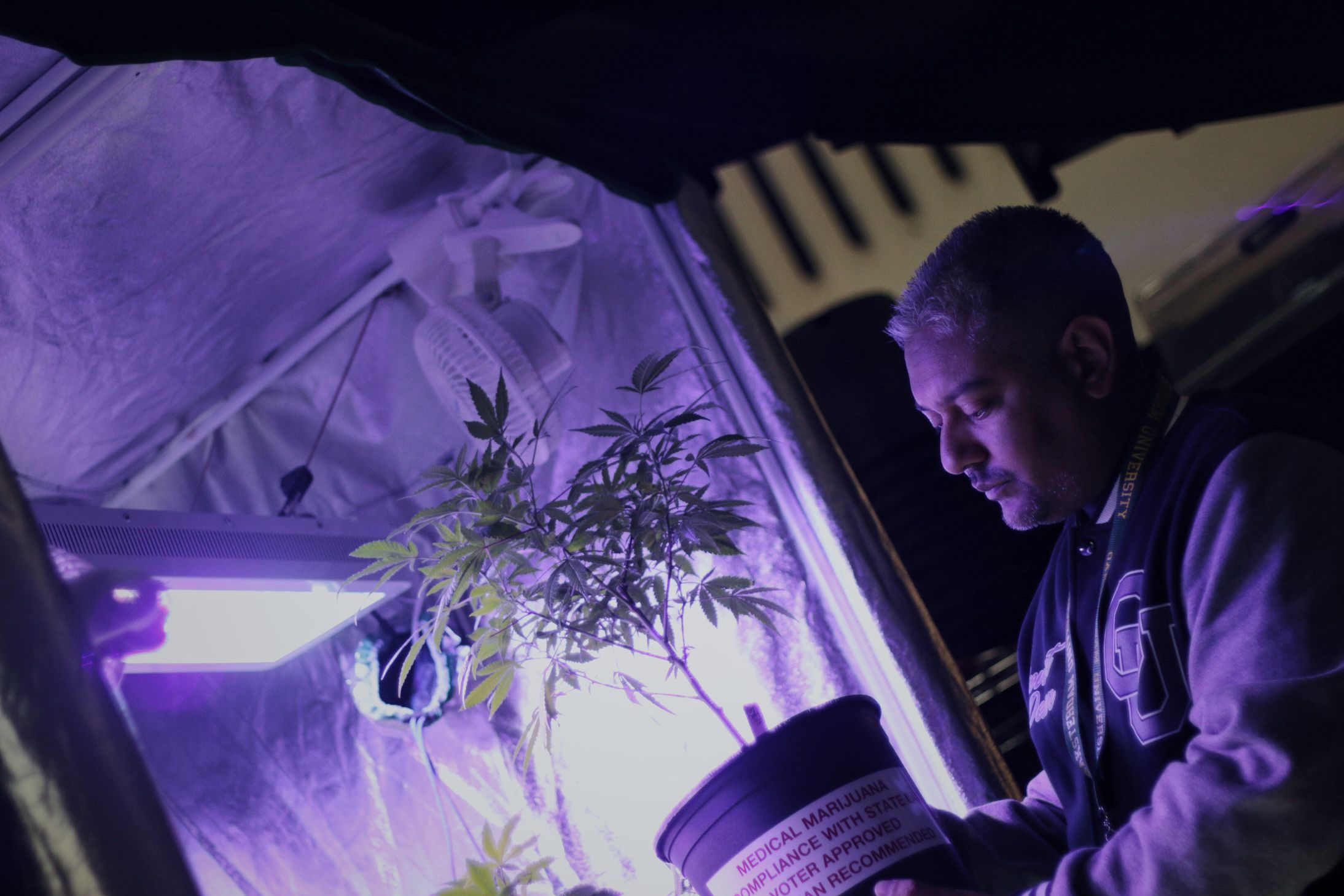
Sue Taylor, entrepreneur opening senior-focused medical cannabis dispensary in 2017, Berkeley
“I’m 69 years old, but I made a conscious decision to make the world a better place with cannabis. Helping seniors live a better quality of life, and getting them off of opioids. Having a holistic approach to life.
Here in the city of Berkeley, we’ve been trying to get a permit for four years. It took us that long because of the challenges African-Americans face. We didn’t have the financial support that most of these other families have. My son couldn’t grow illegally first, to save up money. He would have been arrested.
White boys drive from Mendocino to L.A. with a hundred pounds of weed and nothing happens, nothing’s said. But for us? Try that! They’ll stop us. We had to be extra and above [other cannabis companies]. I had to let them see that I wasn’t a criminal, that my son is well-educated. All of that."

"For seniors, when it’s legal, they’ll be more apt to try it. They’ll become curious. And it’ll stop the harassment and railroading of people of color to jail because they have weed on them. Those are my main two reasons for voting yes [on Prop 64]."
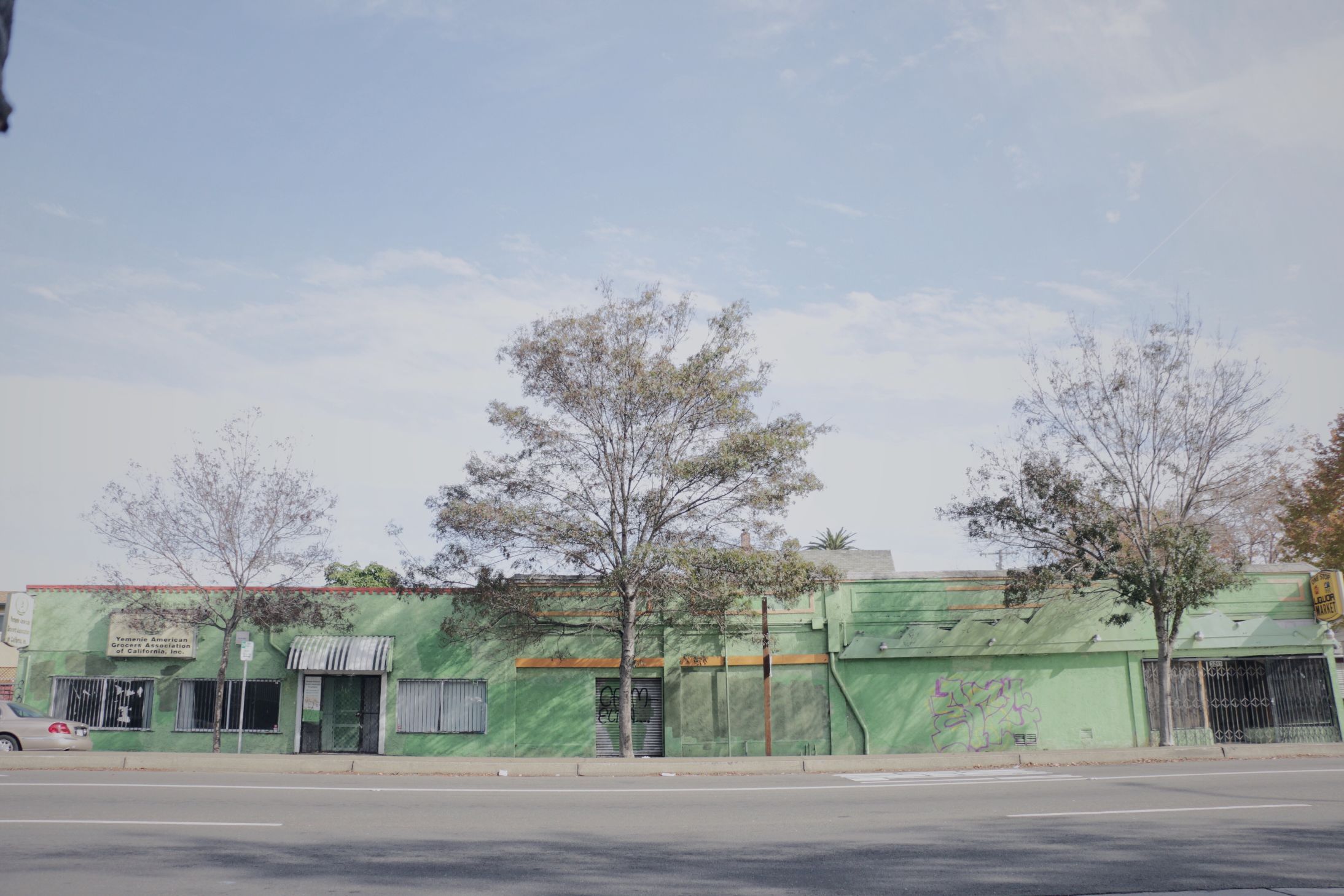
Serena, owner of cannabis coffee company Comfty Coffee, Berkeley
“I’m a student at UC Berkeley, and had my own medical condition that I needed to medicate for. My doctors prescribed me opioids, [but] I felt fuzzy and it wasn’t working for me. Then I tried cannabis, particularly the CBD side of cannabis, and it had amazing benefits for me. But I found I was getting a bit drowsy and sleepy, so I started to mix it with coffee.
I wanted to share it with my friend, who I know was going through the same struggles I was. And it took off from there."

“As a 19-year-old, I had to tell my parents: 'Hey, I wanna make bottled weed coffee' with a big smile on my face, and say 'I’m not a crazy drug addict.' I had to break down all the social stigmas around cannabis.
But I think the cannabis edible market in particular is pretty interesting. I think it has the power to break down a lot of the stigmas that we see. Fancy steakhouses are now doing marijuana-infused steaks. We’re not only talking about the emergence of pot in California, but the emergence of a new food culture in California.”

